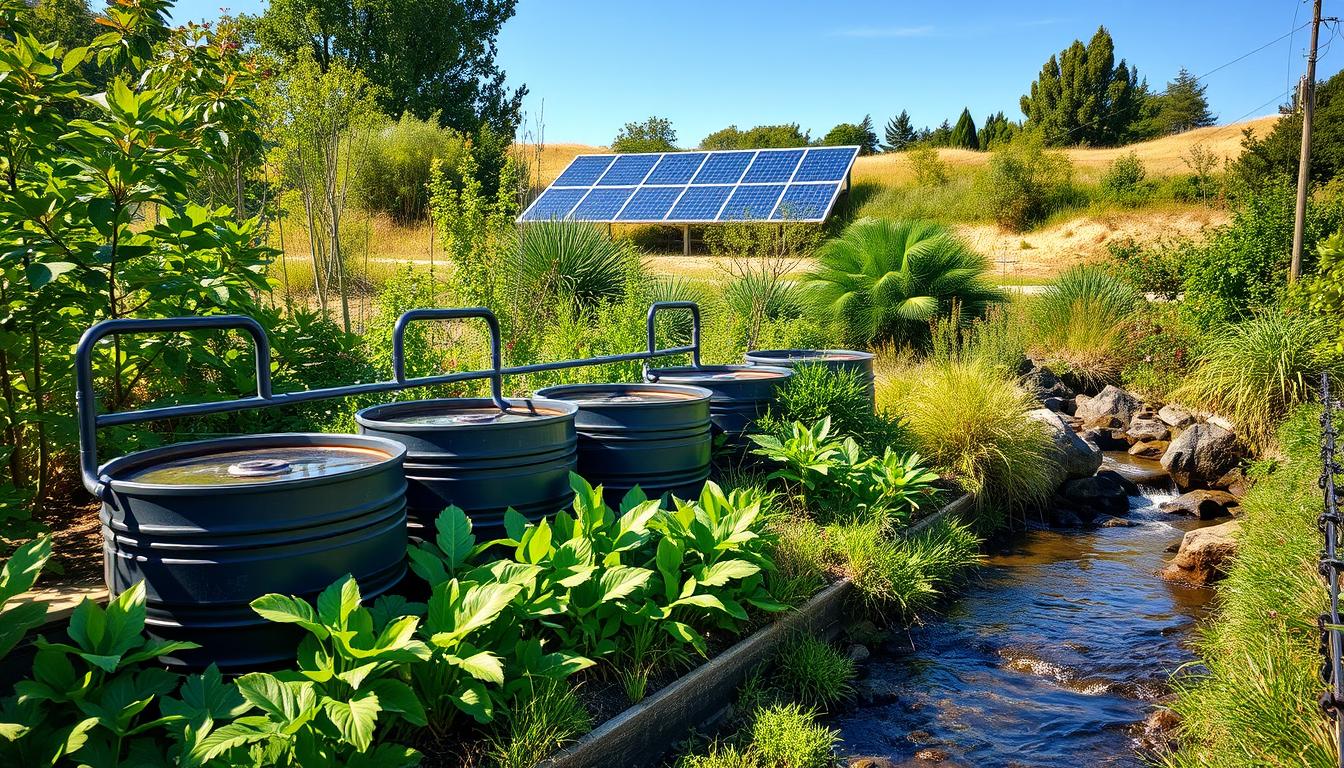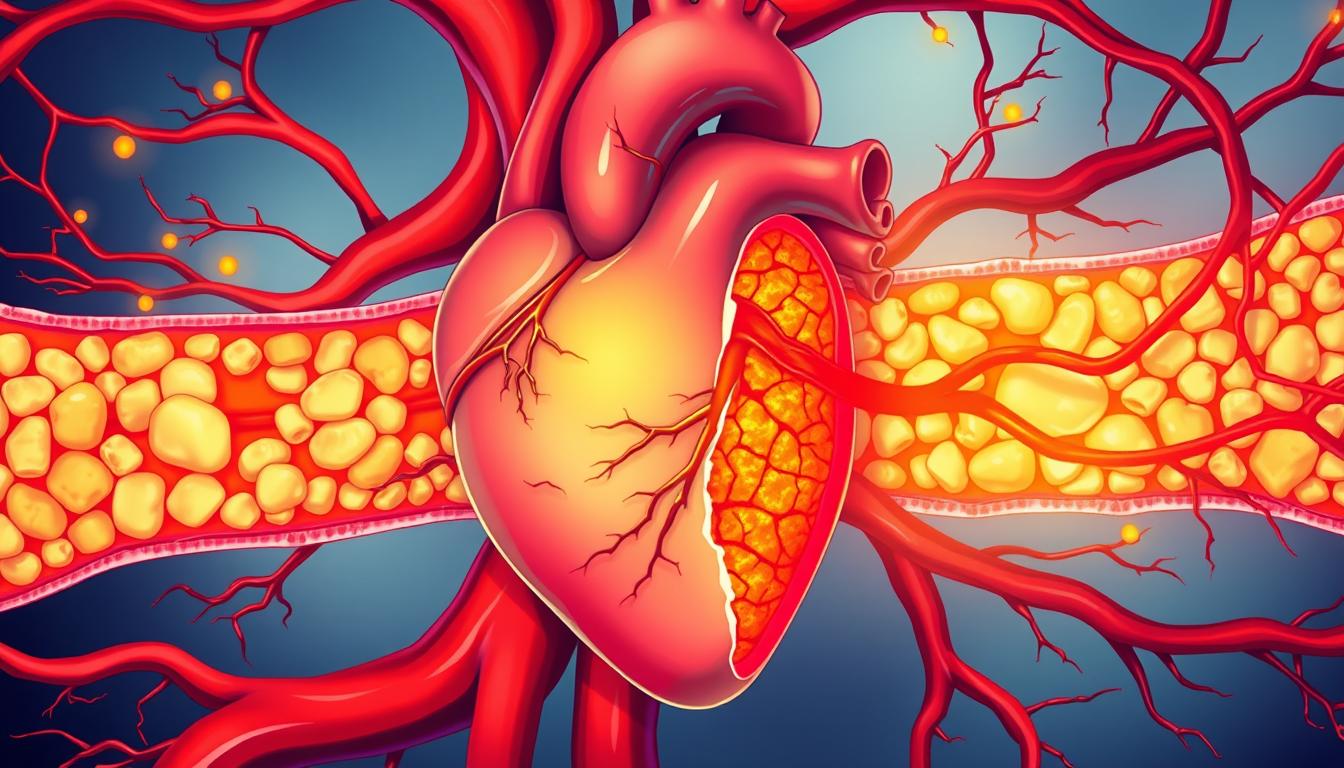Divorce is a tough and emotional journey many couples go through. We’ll look at the legal and financial sides, and how to move forward with your best interests. We’ll cover the emotional ups and downs and how to keep your kids’ well-being first.
But first, let’s think about this: What if divorce could be a chance for personal growth and finding yourself? Ending a marriage hurts, but it could start a new chapter. This chapter could be about getting stronger, thinking deeply about yourself, and finding a new direction. As we dive into divorce details, we’ll see how it can lead to change and a brighter future.
Key Takeaways
- Divorce is a complex process with legal, financial, and emotional sides.
- Knowing what divorce means can help you move through it clearly and with purpose.
- Keeping your kids’ well-being in mind is key during this time.
- Trying out methods like mediation can make ending things together better.
- With strength and support, people can come out of divorce feeling stronger and hopeful for what’s next.
Understanding the Realities of Divorce
Divorce can be very emotional, making people feel sad, angry, and unsure. But, it can also help us grow and become stronger. We need to understand the tough feelings and the views others have about this change.
Emotional Turmoil and Personal Growth
The emotional impact of divorce is huge, making people feel many things. Losing a marriage and changing routines can be hard. But, this hard time can also help us grow.
By facing our feelings and getting help, we can learn more about ourselves. We can become more aware, strong, and find new goals.
Societal Perceptions and Stigma
Even though divorce is more accepted now, there’s still a societal stigma. People who have divorced might be judged or misunderstood. We need to talk about this to make things better for everyone going through divorce.
“Divorce is not the end of the world, but the beginning of a new life.” – Anonymous
Remember, divorce is hard but can lead to big personal growth. By facing our feelings and fighting the stigma, we help people going through it. This way, they can be more resilient and kind to themselves.
Legal Proceedings and Divorce
Going through a divorce can be tough and complex. But knowing the main steps can make it easier. If you’re new to legal proceedings or need a refresher, let’s look at the key parts of the divorce process.
The first step is filing for divorce, which starts the legal process. You’ll need to fill out forms and explain why you’re separating. You might also agree on things like who gets the kids or the house. It’s important to talk to a good lawyer at this point to protect your rights.
- Filing for Divorce: Initiating the legal process.
- Asset Division: Figuring out how to split up the stuff you own together.
- Child Custody and Support: Making plans for the kids’ care and support.
- Alimony and Spousal Support: Working out financial support between the spouses.
- Final Divorce Decree: The final court decision that ends the marriage.
Legal proceedings can be tricky, but a skilled divorce lawyer can help. They make sure you get a fair deal and look out for your kids.
“The key to a successful divorce is to approach it with empathy, compassion, and a focus on the long-term well-being of all parties involved.”
Knowing about legal proceedings and getting help from experts can help you manage your divorce better. Stay updated, get support, and think about your family’s needs during this tough time.
Child Custody: Prioritizing the Children’s Well-being
When a marriage ends, child custody becomes a key issue. It’s important to focus on what’s best for the kids. By using shared parenting and co-parenting, families can make a smooth transition for their children.
Shared Parenting and Co-parenting Strategies
Shared parenting means both parents play a big role in raising their kids. It helps kids keep strong ties with both parents, giving them a stable and loving home. Co-parenting is key in dealing with the changes after divorce.
- Make a clear plan that covers schedules, tasks, and how to make decisions together.
- Talk openly and with respect, putting the kids first.
- Keep rules and routines the same in both homes.
- Let kids share their feelings and support them during this change.
- Use mediation or counseling to solve problems, keeping the kids’s needs in mind.
By choosing shared parenting and good co-parenting methods, families can make a caring space. This focuses on the kids’s child custody and well-being during tough times.
Alimony and Marital Assets: Navigating Financial Complexities
Divorce can be tough, especially when dealing with financial matters. Key aspects to think about are alimony and dividing marital assets. These can greatly affect your life after divorce. So, it’s important to handle them carefully.
Alimony, or spousal support, is money one ex-spouse pays to the other. The amount and how long it lasts depend on things like how long you were married, your incomes, and who needs the money more. It’s key to understand financial considerations about alimony for a fair split.
Dividing marital assets is also crucial in divorce. These can be things like property, investments, retirement accounts, and more. Figuring out who gets what needs careful thought and talking. It affects your money for a long time.
“The financial implications of divorce can be overwhelming, but with the right information and guidance, you can navigate these complexities and protect your interests.”
For your financial safety, talk to a financial expert or a divorce lawyer who knows about alimony and marital asset division. They can explain your rights, what options you have, and help you make choices that fit your financial goals.
- Learn what affects alimony payments, like income differences and marriage length.
- Keep track of and value all marital assets, like property, investments, and retirement accounts.
- Look into ways to fairly share marital assets, like swapping assets or buying out shares.
- Talk to financial experts to plan for your financial future after divorce.
By being careful and thorough with divorce’s financial parts, you can come out strong financially and ready for what’s next.
Prenuptial Agreements: Their Role and Significance
Prenuptial agreements are key in protecting our interests and reducing conflicts. They are made before marriage and outline how to handle issues if the marriage ends. This can make ending the marriage easier.
Protecting Interests and Mitigating Conflicts
These agreements let us set our financial roles, how to share assets, and other key points if we divorce. This way, we can avoid stress and make ending the marriage smoother.
They also help in protecting our interests and keeping our finances safe. They can protect our assets, set rules for spousal support, and make clear how to divide property. This can make ending the marriage less complicated and less expensive.
- Prenuptial agreements can outline financial responsibilities and asset distribution.
- They can help protect individual interests and mitigate potential conflicts.
- Prenuptial agreements provide a framework for a more amicable separation process.
“A prenuptial agreement is not a declaration of distrust or a lack of faith in the relationship; it’s a practical tool that can help us navigate the uncharted waters of divorce with clarity and confidence.”
Thinking about a prenuptial agreement means we know our rights and how to protect ourselves if things end. This way, we feel more secure and in control during a tough time.
Mediation: A Collaborative Approach to Dissolution
Ending a marriage can be tough and emotional. But, there’s a way to split up that’s less stressful – mediation. It’s different from going to court. In mediation, both people work together to find a solution they both like. This approach helps reduce stress and makes the split easier.
Benefits of Mediation over Litigation
Mediation has many benefits over fighting in court. Here are some reasons why it’s a good choice:
- Greater Control: In mediation, both people get to speak up and make choices. They can shape the outcome to fit their needs.
- Cost-Effective: Mediation is cheaper than going to court. It’s easier on the wallet for many couples.
- Faster Resolution: Mediation can solve problems quicker than court fights. This lets both people move on faster.
- Preserving Relationships: Mediation keeps things civil between the couple. This is key when kids are involved.
Choosing mediation means avoiding a long, hard court fight. It’s a collaborative way to deal with divorce. This alternative to litigation is great for those wanting a peaceful and empowering way to move ahead.
Divorce and Its Impact on Children
Divorce can deeply affect children, both now and later. As parents go through separation, focusing on our kids’ emotional health is key. We can use certain strategies to help them during this tough time and keep them doing well.
Keeping a good co-parenting relationship is crucial. Working together with our ex can lessen the impact on our kids and give them a steady, caring home. This means talking openly, making joint decisions, and focusing on what’s best for our children.
Addressing Emotional Needs
For kids, divorce can be very hard emotionally. They might feel sad, angry, confused, and anxious. It’s up to us to make a safe place for them to share their feelings, understand their emotions, and support them with kindness.
- Talk openly with your kids about the changes at home.
- Explain things in a way that’s easy for them to get.
- Look into counseling or support groups if they need help dealing with their feelings.
Maintaining Stability and Routine
During the divorce, keeping things stable and regular for our kids is key. This can lessen the shock and give them a sense of safety. Here are some ways to do this:
- Keep daily routines like bedtime stories and family time the same.
- Make sure both parents stay in touch and involved, if it’s possible.
- Try not to change their home, school, or friends too much.
“The most important thing is to make sure the children feel loved, supported, and that their needs are being met, even if the family structure has changed.”
By being empathetic, communicative, and focused on our kids during divorce, we can lessen the bad effects on them. This helps them grow stronger and more resilient.
Conclusion: Moving Forward with Resilience and Hope
Going through a divorce can feel tough, but it’s also a chance for growth and a new start. This article has shared insights and strategies to help us move forward. We’ve learned that resilience and hope are key to overcoming challenges.
Dealing with divorce means being strong inside, taking care of ourselves, and being open to change. By taking care of our feelings, building a support network, and living in the now, we can start to rebuild our lives. Personal growth is crucial as we discover who we are outside of a failed marriage and build a happy life.
The future may seem unclear, but we urge you to look at it with hope and strength. You’re not alone, and there are people and resources ready to help you as you move forward. See this as a chance to remake your life, focus on yourself, and be around those who support your healing and growth.













